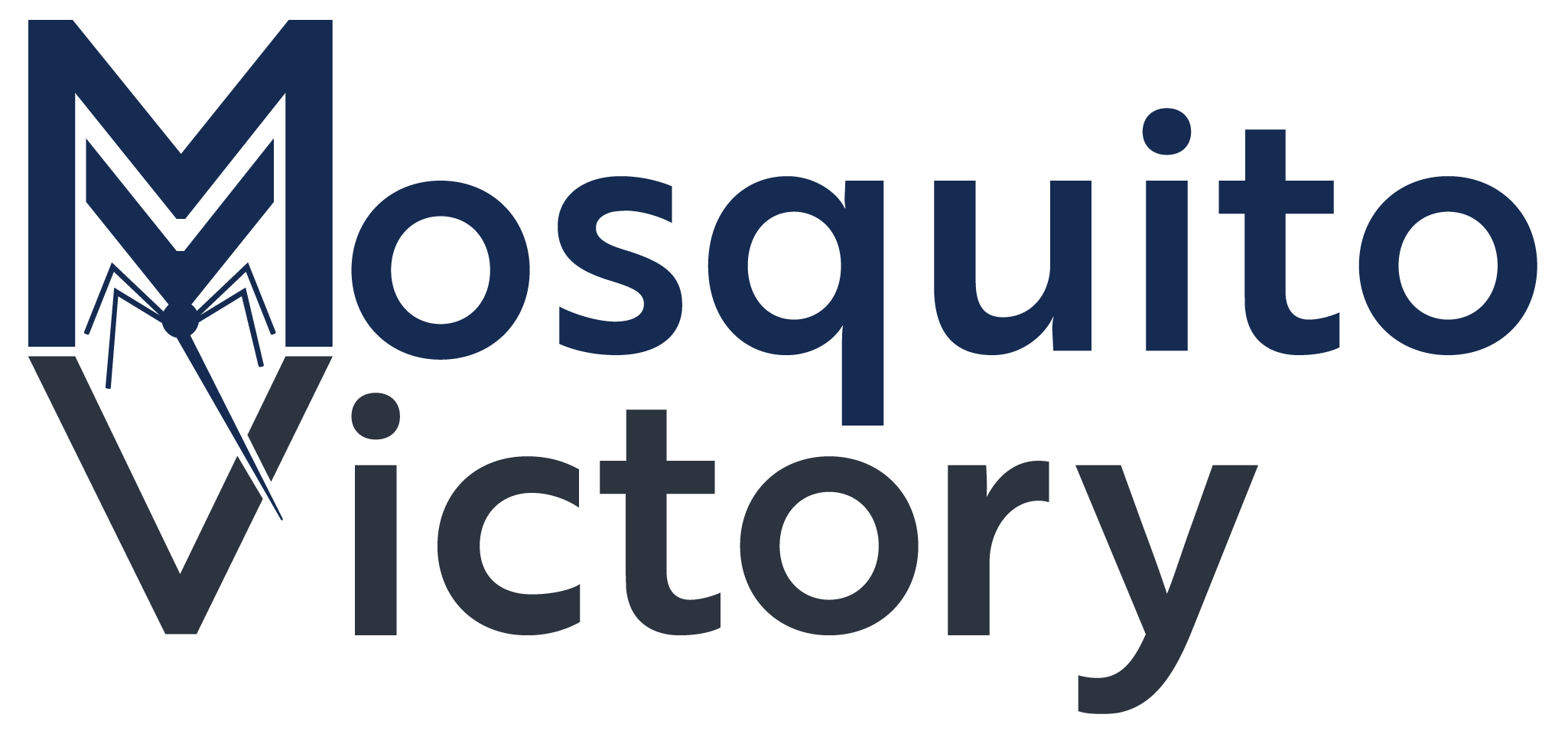Mosquitoes have long been a nuisance, disrupting our outdoor activities and posing health risks. However, thanks to advancements in technology, mosquito control services have been revolutionized, enabling more efficient and effective methods to combat these pesky insects. In this article, we will explore the innovative ways in which technology is transforming mosquito control services. From the utilization of drones for surveillance to the collection and analysis of data for strategic interventions, we will delve into how these technological advancements are shaping the future of mosquito control.
- Drone Surveillance: Eyes in the Sky
One of the key technologies making a significant impact in mosquito control is the use of drones for surveillance. Drones equipped with high-resolution cameras can quickly and efficiently survey large areas, identifying potential mosquito breeding sites that are otherwise difficult to access. By utilizing drones, mosquito control professionals can gain a comprehensive overview of the landscape, locate stagnant water sources, and target areas for precise interventions. This technology not only saves time and effort but also enables proactive mosquito control strategies.
- Geographical Information Systems (GIS) Mapping: Targeted Interventions
Geographical Information Systems (GIS) mapping is another technology that has revolutionized mosquito control services. By integrating data from various sources, including satellite imagery, field surveys, and weather patterns, professionals can create detailed maps that highlight areas at high risk for mosquito breeding and disease transmission. GIS mapping allows for targeted interventions, ensuring that resources and efforts are focused on the areas that need them the most. This technology enables strategic planning and effective allocation of resources for maximum impact.
- Data-Driven Decision Making: Precision and Efficiency
Technology has provided mosquito control professionals with the ability to collect and analyze vast amounts of data. By using sophisticated tools and software, professionals can track and monitor mosquito populations, breeding patterns, and disease prevalence. This data-driven approach enables them to make informed decisions and implement precise control measures. Analyzing historical data also helps professionals identify trends and predict potential outbreaks, allowing for early intervention and proactive strategies. By leveraging data, mosquito control services become more efficient and effective in their efforts to control mosquito populations.
- Insecticide Application Technology: Precision and Safety
Technology has also enhanced the application of insecticides in mosquito control. Advanced equipment, such as precision sprayers, allows for targeted and controlled distribution of insecticides, minimizing environmental impact and reducing exposure to non-target organisms. These sprayers can be calibrated to deliver the optimal amount of insecticide, ensuring effective control while reducing the quantity used. This technology not only improves the precision of insecticide application but also enhances safety for both professionals and the environment.
- Public Awareness and Communication: Engaging the Community
Technology plays a crucial role in engaging the community and raising awareness about mosquito control. Websites, social media platforms, and mobile applications are used to disseminate educational materials, provide real-time updates on mosquito activity, and offer tips for personal protection. Through these digital platforms, professionals can connect with the public, address concerns, and encourage community participation in mosquito control efforts. This technology-enabled communication fosters a collaborative approach and empowers individuals to take proactive measures in mosquito prevention.
Technology has transformed mosquito control services, empowering professionals with advanced tools and strategies to combat these tiny but persistent pests. From drones for surveillance and GIS mapping for targeted interventions to data-driven decision making and advanced insecticide application technology, technology has revolutionized the way mosquito control services operate. These innovations allow for greater precision, efficiency, and safety, enabling professionals to effectively manage mosquito populations and reduce the risks associated with mosquito-borne diseases. With ongoing advancements, technology continues to shape the future of mosquito control, promising even more effective and sustainable solutions for a mosquito-free environment.

